by Habib Ur Rehman
Having an innocent smile on her face, a three-year-old girl often welcomes me at the school’s entrance and opens the door for me.
The little princess – so far, I do not know her name – regularly comes with one parent, either father of mother, to pick up her elder sister who attends the same school as my children. She does not open the school door especially for me but for all those who come for their kids in the afternoon. I sometimes have a little chat with her always enjoying her sweet and spontaneous replies.
Because of my children it is routine for me to attend the school hence most of their class mates recognize me and greet whenever we come across.
I have noticed that the children have different national, cultural, linguistic and religios backgrounds but they nevertheless play, fight, eat, read and sing together. In school and at other places, they enjoy spending time together and learning from each other. Most of the time they respect their teachers and follow their instructions.
But when the children grow up I have the impression that they are getting more and more divided. This division often leads to loneliness and soliloquy. I have perceived this confusion of mind and thoughts in articles written by upper-grade students highlighting issues such as linguistic and racial prejudices they obviously have to face.
Now the question arises why children who are open, friendly, respectful and fearless as long as they are young are beginning to feel bitter and hatred, complex, far away from their rights and anxious about their future when they grow up?
I wonder whether children burden themselves with such negative feelings incidentally or if those feelings are refered to real-life experiences?
We know from newspapers and television that our societies, across the globe, are full of hatred, intolerance, incompetence, corruption, injustice, distrust, prejudice and so on. If that`s the case isn`t it fair to say that these negative things prevailing in our world are the reasons of racial or linguistic prejudices felt by our children?
All the religions and ideologies preach and teach love, peace, honesty, harmony, equality and respect. Then why children in their teens get stuck in negative perception?
The developed countries are known and respected for their human rights values. Indicators for the human development such as education, the idea of mutual respect, equality, the provision of basic facilities, justice, security, the rule of law, democracy and tolerance. But isn`t it alarming when children living or grown up in these developed countries feel uncomfortable, unsecure and confused about their future? It hints that something is somewhere going wrong and that it should be sorted out.
A thougt comes to my mind: maybe it`s better to be an innocent child rather than an intolerant grown-up human being.


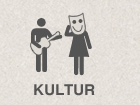
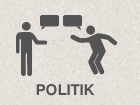
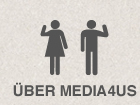


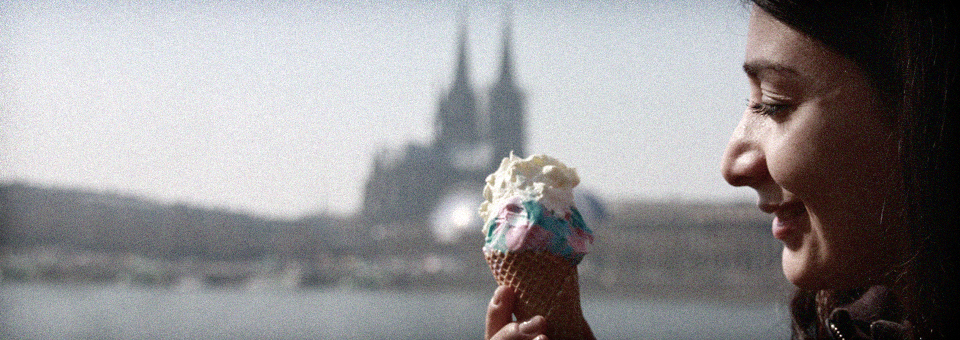
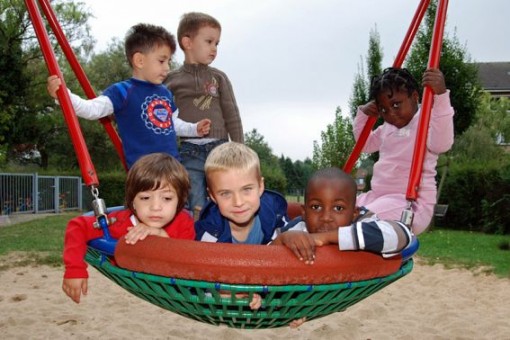
Sorry, the comment form is closed at this time.